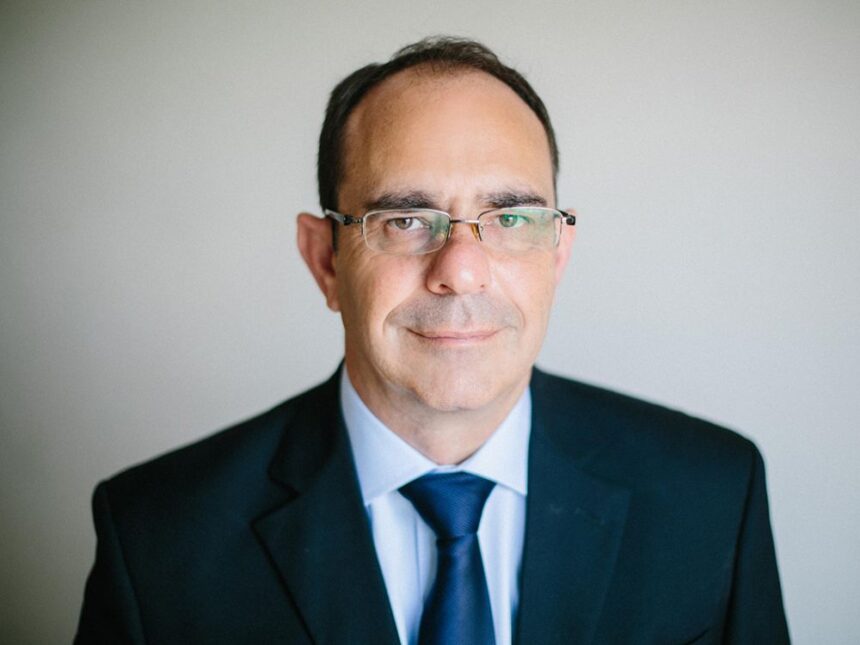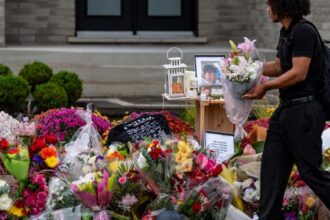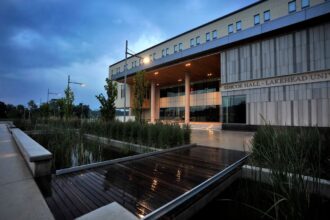In an unprecedented move that has sparked intense debate across legal and diplomatic circles, the Royal Canadian Mounted Police has launched an investigation into alleged war crimes committed by Israel Defense Forces soldiers in Gaza. This decision, confirmed by RCMP Commissioner Mike Duheme last week, represents a significant shift in Canada’s approach to international criminal justice and has drawn sharp criticism from legal experts specializing in military law.
The investigation stems from complaints filed by Canadian citizens regarding the conduct of IDF operations during the ongoing conflict with Hamas. While the RCMP maintains the probe aligns with Canada’s obligations under international law, distinguished legal voices are questioning both the timing and legal foundation of such an investigation.
“This appears to be a case of political expediency rather than sound legal judgment,” remarked David Matas, a renowned Winnipeg-based human rights lawyer who has represented Israeli soldiers in previous legal matters. “The RCMP lacks jurisdiction in active conflict zones and is proceeding without direct evidence or first-hand witnesses. This investigation risks undermining rather than enhancing international justice.”
The controversy intensified after Commissioner Duheme confirmed the investigation during testimony before the House of Commons public safety committee. While he emphasized the RCMP’s commitment to neutrality, critics argue the force may be overstepping its mandate in a highly complex geopolitical situation.
Legal experts point to several problematic aspects of the investigation. The RCMP faces significant challenges in gathering reliable evidence from an active war zone where access is severely restricted. Additionally, questions remain about whether such an investigation might interfere with Israel’s own military justice system, which has established protocols for investigating potential violations of the laws of armed conflict.
“The proper forum for such allegations would be international courts or tribunals specifically designed to handle war crimes accusations,” explained Michael Nesbitt, a law professor specializing in national security at the University of Calgary. “Canada’s unilateral approach raises serious questions about procedural fairness and investigative capacity.”
The investigation comes at a particularly sensitive moment in Canadian politics, with increasing public pressure on the government to take a stronger stance on the Gaza conflict. Some observers suggest this timing indicates political considerations may be influencing law enforcement priorities.
For their part, Canadian Jewish organizations have expressed concern that the investigation appears to be applying a double standard by focusing exclusively on Israeli forces while not pursuing similar investigations into Hamas, which is designated as a terrorist organization by Canada.
The diplomatic implications of this investigation could be far-reaching. Israel’s embassy in Ottawa has already issued a statement expressing “profound disappointment” with Canada’s decision, suggesting it could strain bilateral relations at a time when international cooperation on security matters remains essential.
As the RCMP proceeds with what will undoubtedly be a complex and challenging investigation, fundamental questions remain: Can a national police force effectively and impartially investigate alleged war crimes occurring thousands of kilometers away in an active conflict zone? And does this investigation serve the cause of justice, or does it risk becoming entangled in the political dimensions of an already deeply polarized international issue?
What remains to be seen is whether this investigation will establish a new precedent for how Canada engages with allegations of international war crimes, or whether it will ultimately demonstrate the limitations of national law enforcement in addressing global conflicts.










